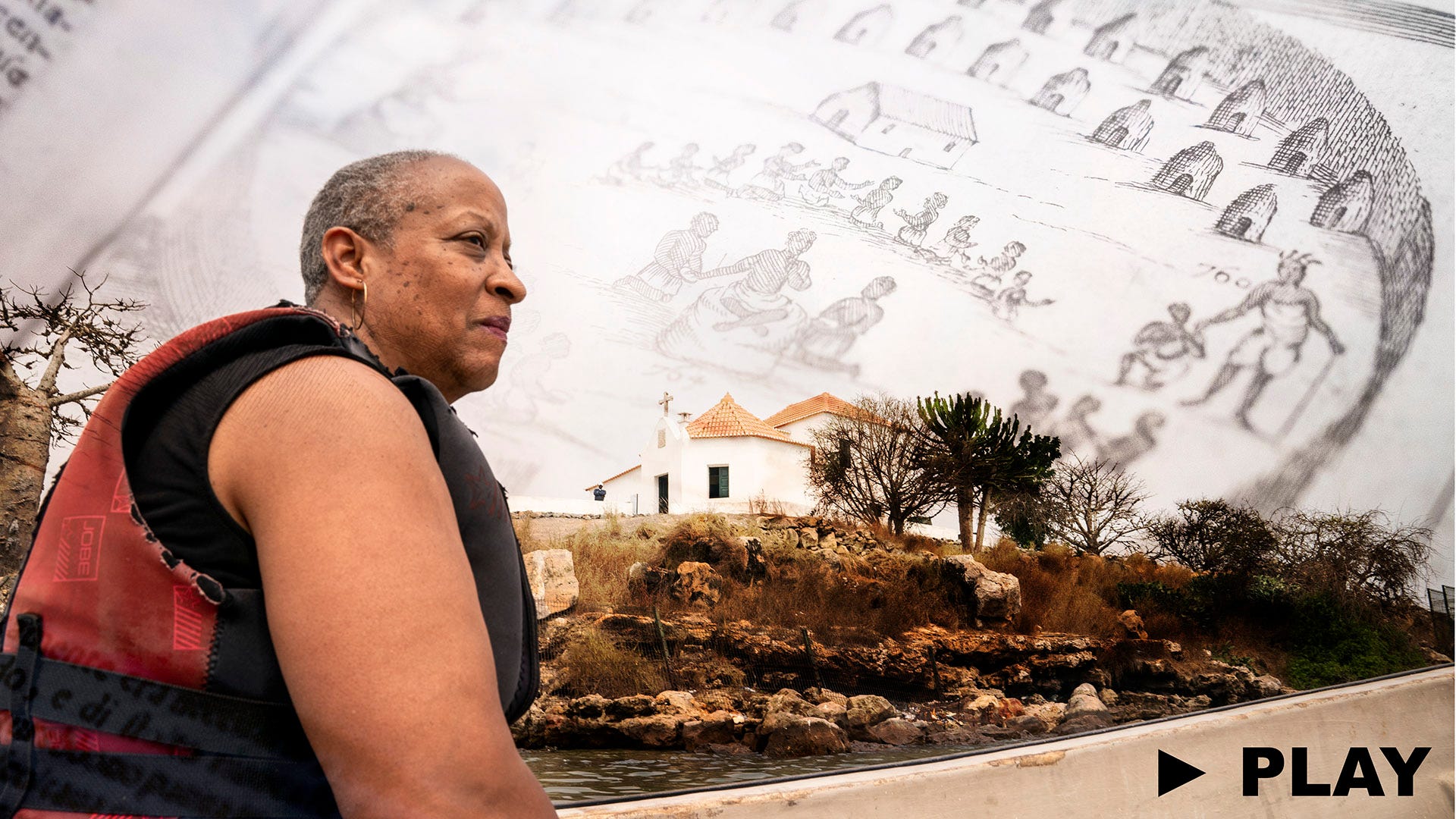

The benefit of not having very high expectations in the first place is that you are seldom surprised, though you can be disappointed. I feel like I have to try to force us to acknowledge the truth about who we are so that we can try to build the country that we believe that we are. Now, the new book, The 1619 Project: A New Origin Story, expands upon that initial initiative. Hannah-Jones was awarded a Pulitzer Prize for her introductory essay. Originally published in 2019 as a special issue of The New York Times Magazine, the project reframed the American story through the lens of slavery. And that erasure is also a powerful statement."Īs editor of the New York Times' 1619 Project, Hannah-Jones fought against that erasure. The omission, she says, is "symbolic of how history is shaped by people who decide what's important and what's not. "Every American child learns about the Mayflower, but virtually no American child learned about the White Lion," Hannah-Jones says. Among the things she learned was the date 1619, significant because it's the year that the White Lion, the first ship carrying enslaved Africans, arrived in the British colony of Virginia - one year before the Mayflower landed at Plymouth Rock. "Black people are largely treated as an asterisk in the American story," she says.īut Hannah-Jones' awareness changed in high school when she signed up for a Black studies elective. She is a tenured faculty member at Howard University.Īs a child, journalist Nikole Hannah-Jones didn't hear much in school about the role of Black people in U.S. Nikole Hannah-Jones won a MacArthur "Genius" Grant in 2017.


 0 kommentar(er)
0 kommentar(er)
